Thermodynamic Tools for Holistic Analysis and Optimization of Energy Efficient Data Centers
Project:
A Chip to Cooling Tower Thermodynamic System Simulator: The Villanova Thermodynamic Analysis of System (VTAS) tool
Goals:
Build a data center thermodynamic simulator to model a system constructed from individual components in cooling systems (e.g., servers, racks, room, CRAC, chiller, cooling tower, air side economizer) and electrical distribution systems (e.g., AC transformers, UPS, PDU, converters, rectifiers, inverters)
Outcomes:
VTAS (Villanova Thermodynamic Analyzer of Systems) is a MATLAB simulation tool (more information below).
System components are described by both simple and more sophisticated models
VTAS uses flow network modeling to compute operating temperatures and pressures; exergy calculations, transient modeling capability for component models
VTAS allows modeling of air, hybrid and liquid cooling systems
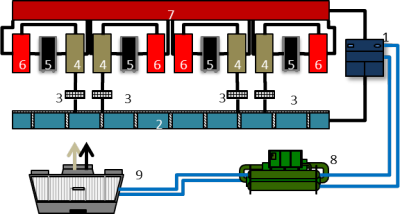
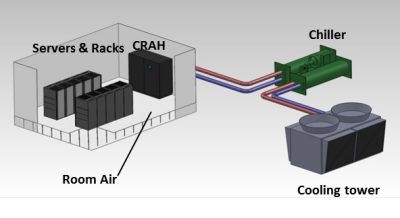
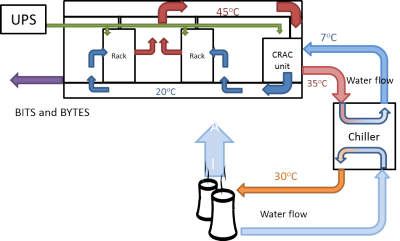
Villanova Thermodynamic Analysis of Systems (VTAS)
The Villanova Thermodynamic Analysis of Systems (VTAS) is a chip-to-cooling tower thermodynamic analysis tool for data center cooling systems. It allows for:
- Pinpointing efficiency bottlenecks in data center cooling systems
- Modeling transient system behavior
- Comparing different cooling solutions
An executive summary of VTAS capabilities is available.
VTAS Version 3.14
Version date: 13-Aug-2019
Updates for this version:
- GUI option to lay out individual components
- Validated Level 1 CRAH component model with varying UA
- Option to not specify CRAH outlet humidity
- Various bug fixes, including PUE calculation method
- New accompanying freely-available calculator
- Test suite confidence indicators
Contact Aaron Wemhoff for access to the latest VTAS executable, the VTAS component library, and the DCE+ simulation tool (all are restricted to ES2 consortium members).
©2012, 2017 Villanova University. All rights reserved.
Send comments and bug fix requests to Aaron Wemhoff.
ES2 RESEARCHERS
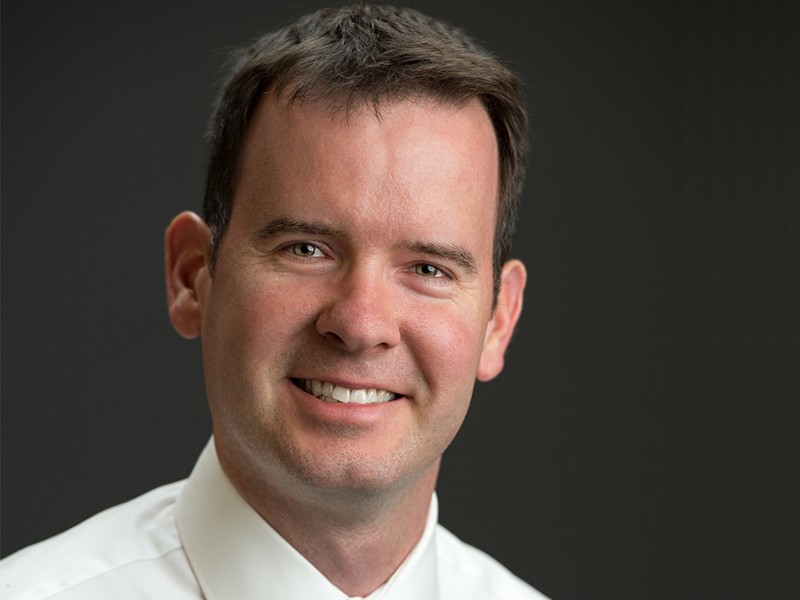
Dr. Aaron Wemhoff
Dr. Wemhoff is an associate professor of Mechanical Engineering and director of the Methods for Systems Analysis Laboratory. He performs research in energy sustainability and teaches courses in the areas of thermodynamics, heat transfer and fluid mechanics. Prior to joining Villanova University, he spent three years as a staff engineer at Lawrence Livermore National Laboratory.

Dr. Gerard F. “Jerry” Jones
Mechanical Engineering Professor Dr. Jones is the College’s senior associate dean for Graduate Studies and Research. He also directs the Thermal and Flow Management of Multiscale Systems Laboratory and has taught in the areas of heat transfer, fluid mechanics, thermodynamics, analysis and design, and gravity-driven water networks.
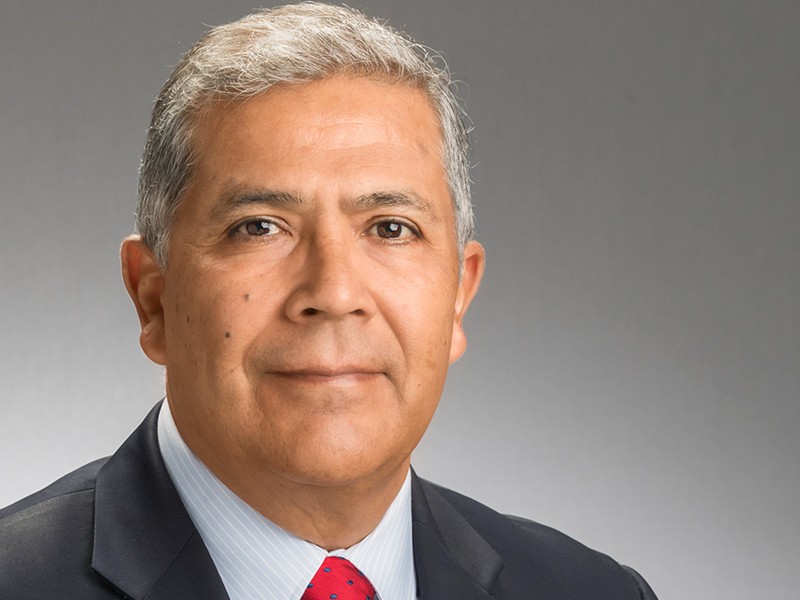
Dr. Alfonso Ortega
ES2 Site Director
Mechanical Engineering Professor Dr. Ortega is the Birle Endowed Chair in Energy Systems. He is internationally recognized for his work in data center energy and thermal management, electronics cooling, convective heat and mass transfer, experimental methods in thermal sciences and energy technology.
